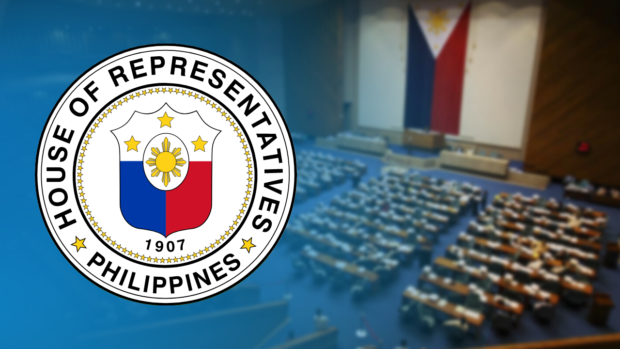
INQUIRER FILE PHOTO
MANILA, Philippines — A bill that seeks to include non-academic and non-teaching staffers in the governing boards of state universities and colleges (SUCs), and to provide representation for them, has been approved by a House of Representatives panel.
During the hearing of the House Committee on higher and technical education on Monday, House Bill (HB) No. 6887 authored by committee chairperson and Baguio Rep. Mark Go and Committee on basic education chair and Pasig Rep. Roman Romulo was approved without objections from panel members.
If the bill is enacted, Section 3 of Republic Act No. 8292 or the Higher Education Modernization Act of 1997 will be amended to include the “president of the association for non-academic personnel and academic non-teaching personnel” in the governing board of an SUC.
Previously, only the following school officials were considered part of the governing board of SUCs:
- Commission on Higher Education (CHEd) Chairperson
- President of the university or college and its vice chairperson
- Chairperson of the Congressional Committees on Education and Culture
- Regional Director of the National Economic Development Authority (NEDA) where the main campus of the university or college is located
- Regional Director of the Department of Science and Technology (DOST) in case of science and technological colleges; or the Regional Director of the Department of Agriculture colleges; or the Secretary of Education for an Autonomous Region
- Commanding generals of the Philippine Air Force and the Philippine Navy shall sit as members of the Board of the Philippine State College of Aeronautics and the Philippine Merchant marine Academy, respectively
- President of the faculty association
- President of the supreme student council or the student representative elected by the student council
- President of the alumni association of the institution concerned
- Two (2) prominent citizens who have distinguished themselves in their professions or fields of specialization
According to the authors of the bill, it is important to give representation to non-academic and non-teaching staffers of the country’s SUCs because they play an important role in ensuring that scholastic institutions function properly.
“It is evident that the non-academic and academic non-teaching personnel of every state university and college perform a significant role in the whole academic institution. They are considered as the backbone and support staff of the school administration and teaching personnel, and their functions are deemed crucial in the operations of SUCs,” Go and Romulo said in the bill’s explanatory note.
“They are indeed partners of the faculty and school administrators in administrative office management. The non-academic and non-teaching personnel are the support group behind every state university and college in attaining its mission, vision and objectives in providing quality education for all students,” they added.
In CHEd’s part, Director Spocky Farolan said that the commission does not oppose the bill, adding only that a provision regarding the term of office be inserted for SUCs that do not have a non-faculty organization.
“For the bill, CHEd poses no objection to the inclusion of a staff-regent or a representative of a non-academic and non-teaching staff in the Board of Regents or Board of Trustees of our SUCs,” Farolan, who was present during the hearing, said.
“Except that if we recommend that a provision be added that in SUCs where there is no existing non-faculty or staff union or organization […] that the term of office be set at two years,” he added.
Over the years, there have been many proposals seeking to consider more allowances and acknowledgement for non-teaching personnel, given their importance to SUCs.
Last August 2022, Senator Joel Villanueva filed bills giving teachers and the non-teaching staff in public or state-run schools more allowances for the purchase of basic items, as well as for medical and transportation needs.
Senator Loren Legarda also filed last July a bill that would increase the salaries of both teachers and non-teaching personnel.